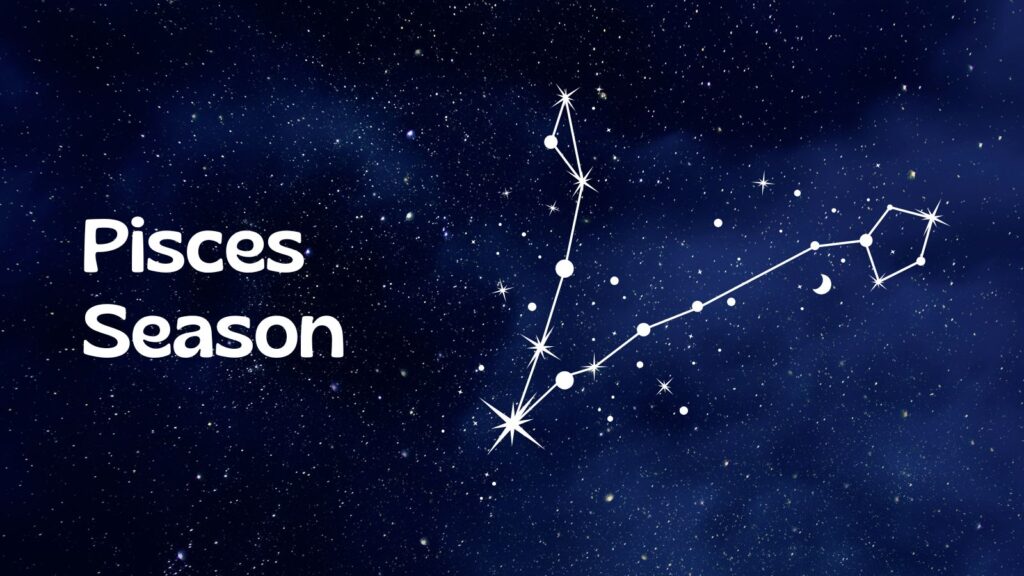Julia Mande, a notable figure in the psychedelic community, brings an innovative perspective with her background in sustainability and systemic change. From the hospitality and food systems sector to the psychedelic space, Julia’s journey is a blend of environmental consciousness and spiritual awakening.
In her discussion with Kyle Rosner for Reality Sandwich, Mande shares her career evolution, insights into her work with the North Star project, and her thoughtful approach to integrating psychedelics with indigenous rights and regenerative practices.
The Transition from Food Systems to Psychedelics: A Path of Sustainability and System Change
Mande’s career began in the hospitality industry, where she dove deep into food systems, learning about every aspect, from food farming to composting and the web in between. It was during this time that she witnessed the impact of exploitation, both historically and systemically, and how exploitation of land and labor will continue to be the foundation of the global systems if we do take action toward change.
“This requires more than policy changes. It requires a change in the cultural dynamic of how businesses operate and how consumers make decisions,” said Mande.
“During the pandemic, I wanted to learn more about how decisions are made, and where there can be more alignment in decision-making. This led me to take a course called Leading from the Future as it Emerges. Since then, I have been training as a facilitator for various modalities that surface unseen biases and shift decisions to be better aligned with collective needs, inclusive of all beings (and all stakeholders.) The modalities I’m trained in, such as Systemic Constellations, access a deeper source of wisdom, a collective consciousness. In a way, it is akin to an altered state. At least, that is how I experience it.”
Mande shifted into the psychedelic industry professionally when she was on a personal inner journey of reconciling loss and unlearning behaviors that had led to anxiety and reoccurring burnout. These modalities created a shift in her own decision-making to be in alignment with her inner integrity.
“Leaders who work with entheogens and altered states can benefit from other modalities that surface the unseen in organizational dynamics, to rebalance power dynamics, understand how diversity and belonging impact work environments, and create more meaningful cohesion in teams,” Mande added.
Her experience with psychedelics revealed their potential for personal and systemic transformation. “These medicines can illuminate imbalances, but then it is up to us to do the work to rebalance our individual and communal systems,” she stated.
North Star’s mission is to shape psychedelic business around psychedelic wisdom, to not only change mental healthcare but to develop role models in the needed transformation of business as a whole. During Mande’s time as Managing Director, she expanded the Guiding Light series to showcase how companies are integrating the North Star principles into their company operations and culture. North Star hosted a Community of Practice for leading companies to learn and share ideas on Corporate Social Responsibility in the space.
Julia took this experience to integrate the North Star principles into organizational cultures, leaders, and teams to make decisions more aligned with collective needs and values.
Balancing Indigenous Rights and Capitalism in the Psychedelic Movement
How do we ensure respect for land stewards in supply dynamics? For example, industries that rely on local communities and indigenous stewards for botanicals used in cosmetics adhere to ethical trade standards and develop mutually agreed terms for benefit sharing. There is no reason why companies in psychedelics shouldn’t be doing the same.
Reflecting on historical patterns in industries like agriculture, Mande warns against repeating past mistakes of exploitation and advocates for a new path in the psychedelic industry that respects all stakeholders, including the medicines and the lands on which they are grown.
She emphasizes the unique nature of this space, encompassing not just physical aspects but also psychospiritual dimensions. “We’re operating in the more than human non-tangible realms as well,” she notes, underscoring the importance of respecting these broader realities. “Can we even integrate the sacred with capitalism?” This inquiry underscores the need for a balanced approach that honors both tangible and intangible aspects of psychedelic resources.
Mande acknowledges the complexity of this issue but advocates for reimagining commodification in a way that prioritizes healthy ecosystems and healthy economies. She envisions a psychedelic industry deeply rooted in the principles of sustainability, honoring the sacred nature of these substances and respecting the rights of indigenous medicine communities who have the legal right to protect their medicines, ceremonial technologies, cultural expression, genetic resources, and traditional knowledge.
Exploring Cultural Identity and Psychedelics: A Deep Dive into Judaism and Sacred Practices
Mande’s insights into the intersection of cultural identity, particularly Judaism and psychedelics, are profound. She describes Judaism as centered around unfolding (Yud Hei) and repairing the world (Tikun Olam). Julia views her diasporic Jewish heritage as a foundation for her work in psychedelics, bridging ancient traditions with contemporary practices.
The synergistic relationship between her upbringing in Zimbabwe and the teachings of psychedelics emphasizes how they have strengthened her understanding and appreciation of diverse cultural practices. She notes that this synergy has deepened her approach to both spirituality and community, underscoring the shared values of connection, ritual, and care found in her relationships and psychedelic experiences.


Looking Ahead: Julia Mande’s Future Agenda in the Psychedelic Space
As 2024 unfolds, Mande is enthusiastic about future endeavors, focusing on cultural transformation within psychedelic organizations. Psychedelic organizations should align with the psychedelic value of interconnection.
She hints at her upcoming projects to foster cultural awareness and equitable dialogues within the psychedelic community. Alongside Sutton King, Mande is co-founding Common Field to build bridges and honor traditions. She elaborates, “Our mission is to empower companies in the psychedelic field through tailored education and facilitated training while promoting cultural humility and upholding ethical business protocols. We will be working with a community of partners to offer backbone support for an ethical psychedelics economy.”
Mande’s transition from environmental sustainability to the heart of the psychedelic movement showcases her commitment to systemic change and spiritual growth. Her unique blend of perspectives offers invaluable insights to the Reality Sandwich community, marking her as a true psychedelic trailblazer.
You can follow Mande on her website, where she plans to share stories of her experiences with psychedelic systems change and altered states, contributing to the broader narrative of consciousness exploration.













